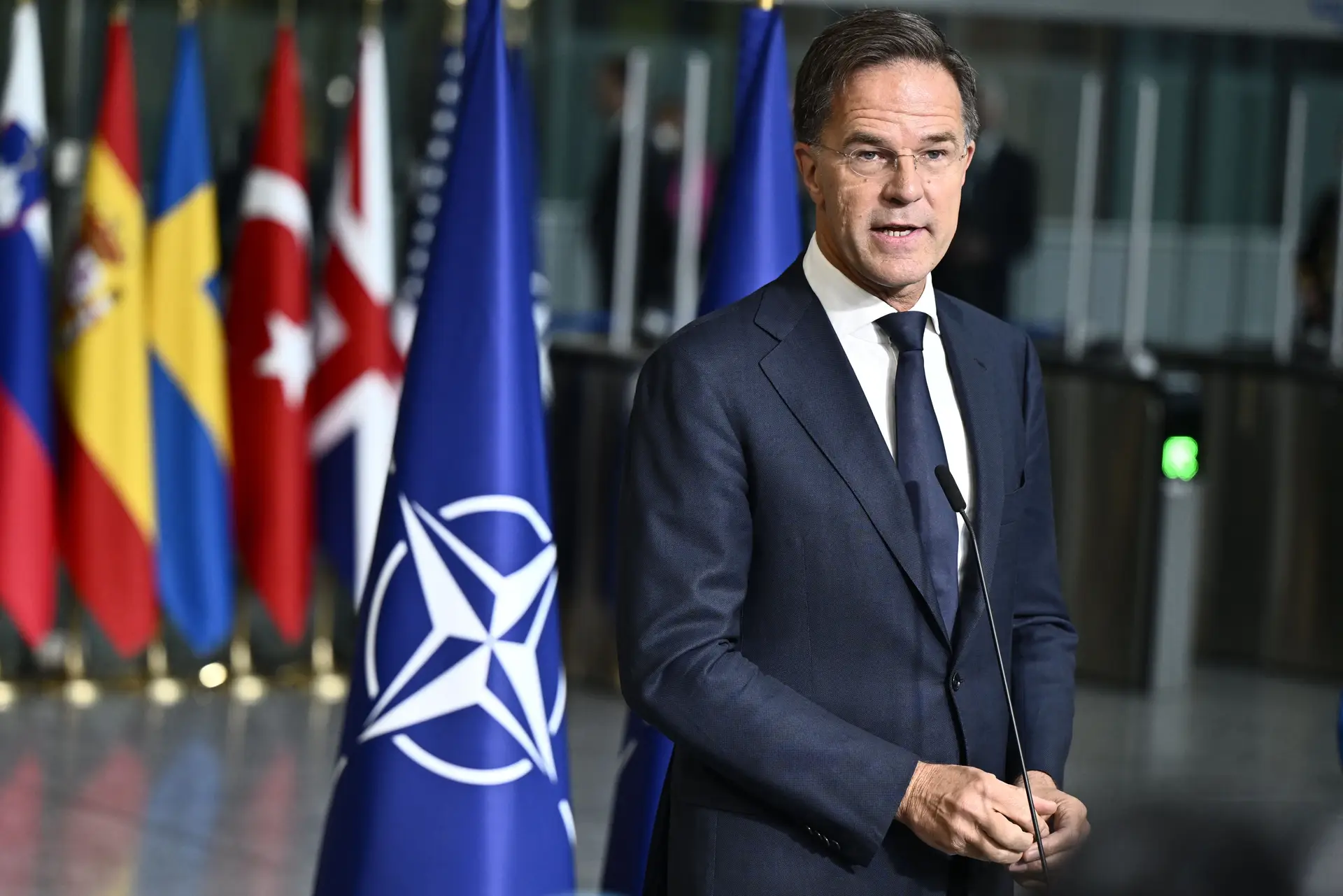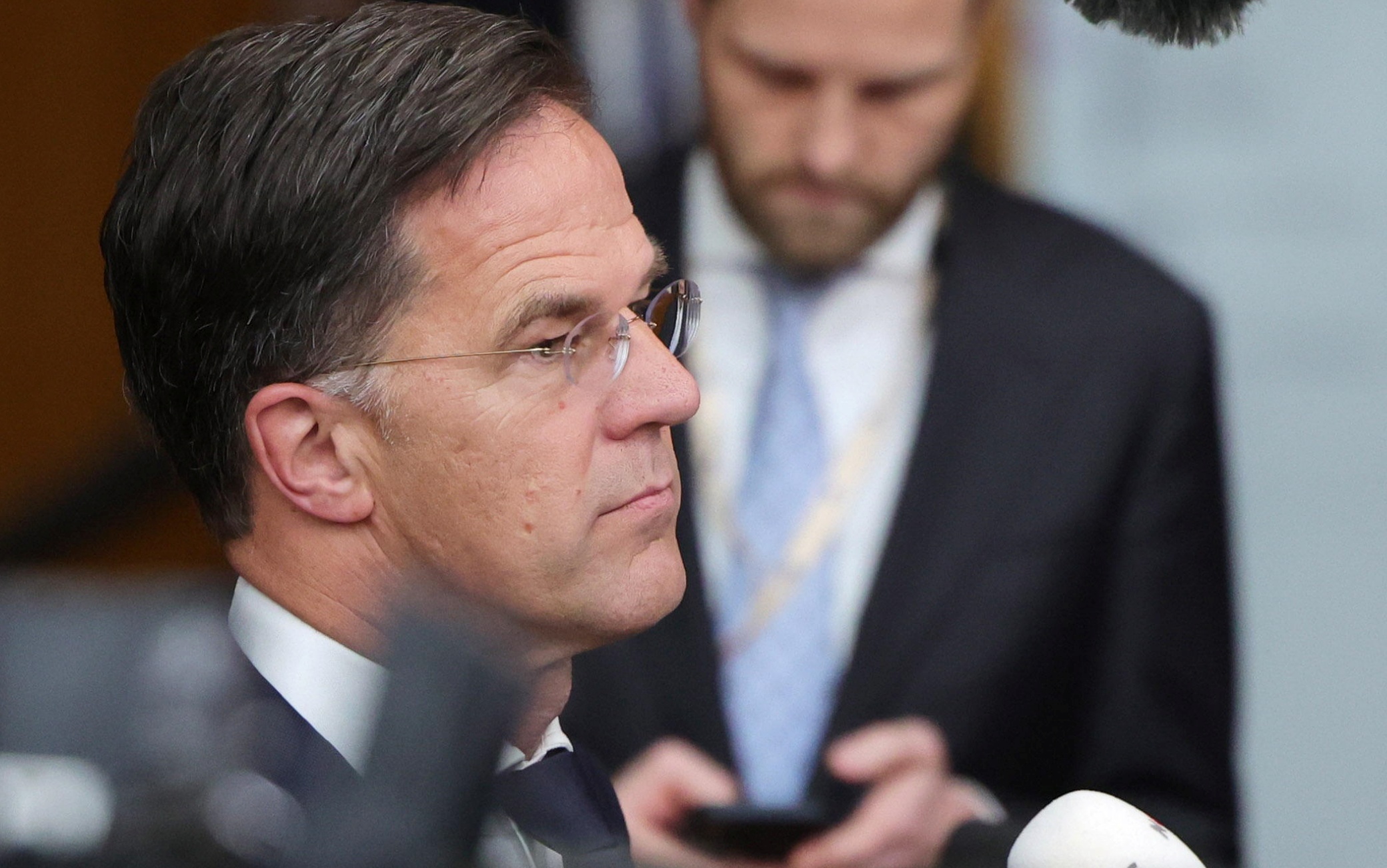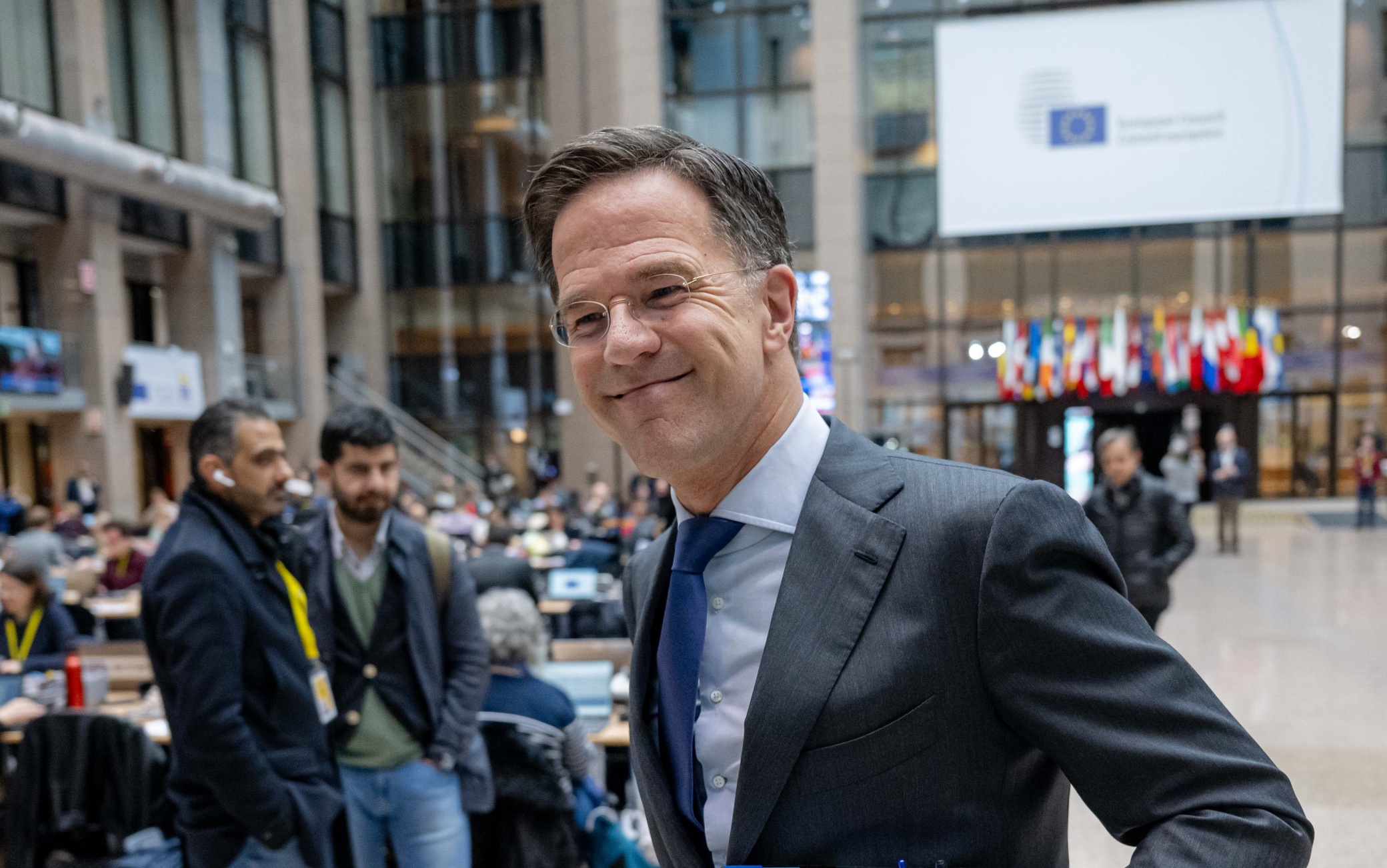Is the future of NATO tied to the financial commitments of its members? Absolutely, and the alliance is now looking to its new Secretary General, Mark Rutte, to navigate increasingly complex fiscal and geopolitical landscapes. The pressure is on for member states to not only meet but exceed current spending targets, a challenge that Rutte is tackling head-on.
Mark Rutte, who officially assumed the role of NATO Secretary General on October 1, 2024, has quickly moved to address pressing issues facing the alliance. One of his first major decisions was the appointment of Radmila Shekerinska from North Macedonia as the next Deputy Secretary General, a move signaling his focus on inclusivity and strategic partnerships within the alliance. Simultaneously, Rutte is preparing for a crucial meeting with President Donald Trump, scheduled for Thursday. This meeting is anticipated to center on the financial obligations of NATO members, a long-standing point of contention. Rutte, drawing from his experience as the former Prime Minister of the Netherlands, intends to leverage his diplomatic skills to foster a stronger commitment from all member states.
| Mark Rutte: Biographical and Professional Overview | |
|---|---|
| Full Name | Mark Rutte |
| Date of Birth | February 14, 1967 |
| Place of Birth | The Hague, Netherlands |
| Nationality | Dutch |
| Education |
|
| Political Party | People's Party for Freedom and Democracy (VVD) |
| Career Highlights |
|
| Current Role | Secretary General of NATO (October 1, 2024-Present) |
| Salary as NATO Secretary General | Approximately €317,491.08 per year (tax-free) |
| Previous Salary as Prime Minister | Approximately €170,910.00 per year |
| Additional Information | |
| Key Achievements |
|
| Political Stance | Center-right, advocating for fiscal conservatism and economic liberalism |
| Personal Interests | History, classical music, reading |
| Official Website | NATO Official Website |


